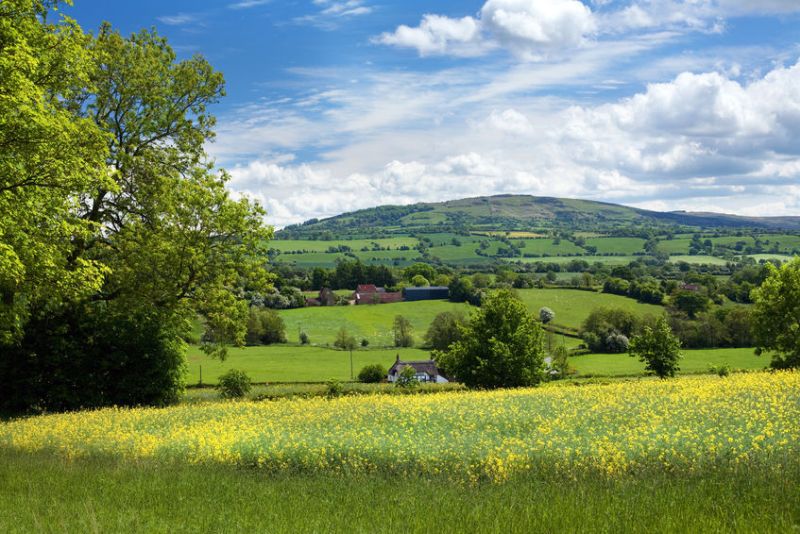Farming is 'central' in battle against climate change

Farming should be recognised as 'central' in the battle against climate change amid increased 'misguided attacks' on the industry, Welsh farmers have said.
Such attacks on farming could lead to 'knee-jerk reaction policies' that add to environmental problems and increase carbon emissions.
Livestock farmers in particular have recently faced criticism relating to climate change, with some reports giving the impression that agriculture is amongst the worst of contributors to climate change.
Responding to this, the Farmers' Union of Wales (FUW) says the contribution of farming to Welsh greenhouse gas emissions is actually a third of the energy sector, less than half of heavier industries and below that of transport.
Land Use Committee Chairman, Tudur Parry said: “The carbon footprint of farming is around sixty-five times lower per hectare than all other sources of Welsh greenhouse gasses, and the official figures for agriculture do not include the carbon we capture annually in our soils, woodlands and hedgerows, or save through the thousands of turbines and solar panels on farms across Wales.”
Mr Parry said that, like all industries, farming has a responsibility to work harder to reduce emissions, and the extinction rebellion protests in London reflect 'valid worries' about the impact of not recognising the seriousness of the situation.
“However, those who want to use our industry as a scapegoat, or climate change as a vehicle for anti-farming agendas risk making matters worse by undermining Welsh producers and merely shifting food production to countries which have higher emissions and far lower environmental standards,” he added
'Misguided pressures'
The growing risk of 'misguided pressures' on agriculture could also further accelerate the loss of key species which rely on farming.
“Environmentalists are finally acknowledging that rules which have reduced farming activity on important habitats have been a major factor in the loss of species such as curlews and lapwings.
“But, there is now a real danger that policies based on misapprehensions about the role of livestock farming in climate change or knee-jerk reactions by policy makers could lead to further reductions in livestock grazing, thereby accelerating species loss, as well as causing damage to rural economies,” Mr Parry said.
The FUW said that the next steps in relation to the Welsh government’s plans for post-Brexit rural and agricultural policies would be critical in terms of tackling climate change and habitat loss while also protecting rural incomes.
“Without a policy which ensures farming communities are sustainable, Welsh food production will be devastated, and our ability to rise to the challenge our generation faces in terms of tackling climate change will be severely undermined,” Mr Parry added.








